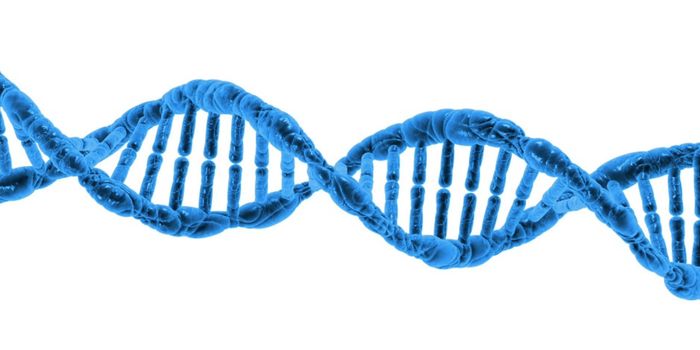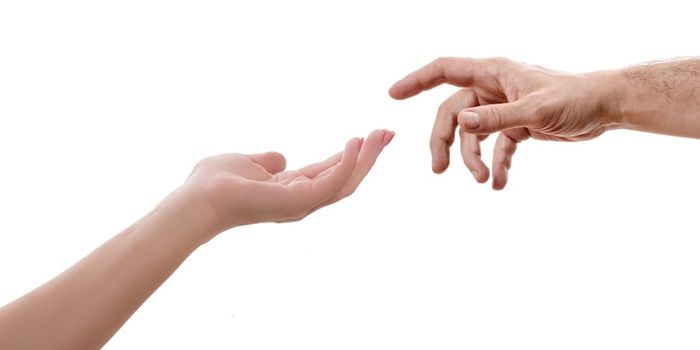Data-based Health Management Tool for Aortic Aneurysm
Mistakes happen, even in the genome. Sometimes one of those errors can lead to a chronic illness that a person deals with throughout their lifetime. In many other cases, however, the cause of a disease is far more complex. Now that we know more about the human genome, scientists are looking for ways to identify people who are at risk for getting complex disorders that involve errors in many different genes. Now, researchers at Stanford have used artificial intelligence to create a health management tool they called HEAL (hierarchical estimate from agnostic learning), for predicting the risk of developing cardiovascular disease from a person's genome.
In this work, which was reported in Cell and is outlined in the video, a massive amount of genetic and health record data was assessed in order to create the tool; it accurately diagnosed abdominal aortic aneurysm (AAA) in 300 patients. AAA has been blamed on a combination of genes and environmental factors and is a leading cause of death in western nations.
The HEAL tool could be utilized for other diseases as well, suggested the authors. "For example, we know that smoking has a tremendous influence on AAA development," explained co-author Philip S. Tsao, professor of medicine at Stanford University School of Medicine. "If you knew you had a genetic predilection for AAA, you would strongly be advised not to pick up a smoking habit."
Tsao said that other disorders like autism, schizophrenia, diseases of aging, and other cardiovascular diseases might one day be prevented, diagnosed or treated with HEAL. "Our study presents a new framework for disease genome analysis," he noted.
The combined influence of genetics and lifestyle usually predicts disease outcomes, and that can make it difficult to anticipate individual risk or make an early diagnosis for many diseases, said Michael Snyder, study co-author and director of genomics and personalized medicine at Stanford. HEAL's model sets a genomic baseline for a disease and also provides guidelines.
HEAL may also free patients from the inconveniences of multiple visits to the doctor to have a discussion. "In the long run, the patient would not visit the office at all unless they need to," Snyder said. "They could mail in their saliva sample, get back their genome sequence, and get return of results through video teleconference."
The tool can create a risk score that would come with lifestyle and treatment recommendations. The risk scores don’t mean a person is definitely getting a disease, warned Snyder. "We need to educate both the physician and patient about that," he added.
Machine learning combined physiological, lifestyle and genome data from 313 AAA patients and 16 healthy controls. The team identified 60 genes that are involved in AAA in some way. They followed up on those genes in tissue and a mouse model.
"These 60 genes form the basis for a risk model for the disease," Snyder said. "It is now possible to determine a person's risk for AAA right from their genome sequence. This is important because the disease is irreversible, and most people discover they have AAA when their aorta bursts, which is usually lethal."
While knowing the details of our genome could provide huge benefits, it may also come with privacy risks. "The genome data belongs to the person and it is up to them to decide how to share it," Snyder added. "If placed in a medical database, it should be secure."
Sources: AAAS/Eurekalert! via Cell Press, Cell
-
APR 30, 2024Immuno-Oncology Virtual Event Series 2024
-
MAY 07, 20243rd International Biosecurity Virtual Symposium
-
JUN 06, 2024The Future of Scientific Conferencing
- See More



















































